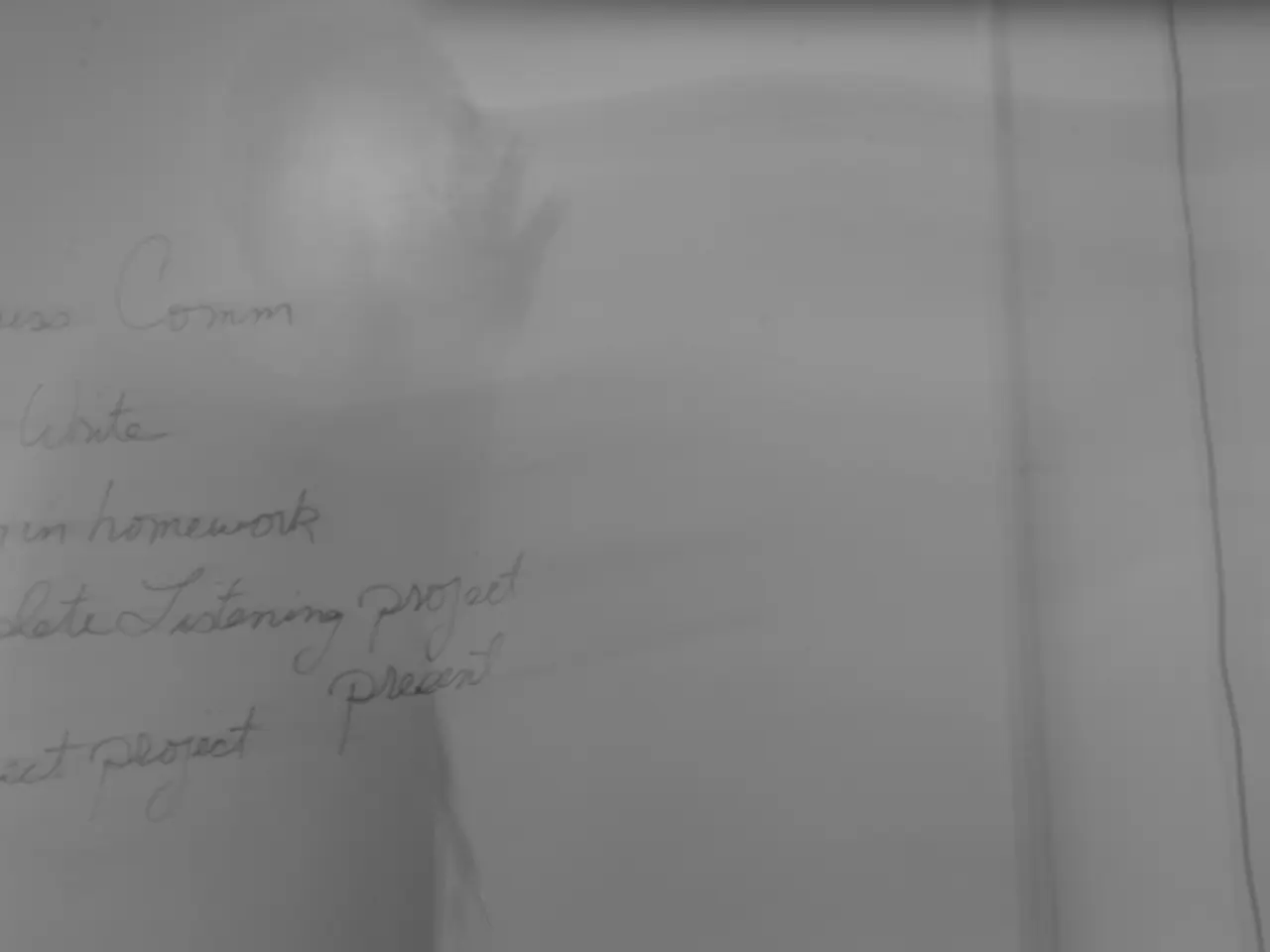"America First Antitrust": Potential Political Realignment of U.S. Antitrust Policies?
In a recent editorial published in the Neue Zeitschrift für Kartellrecht, Hartmut Schnieder delves into the potential changes in U.S. antitrust enforcement under the new Republican administration. The discussion, presented in German, is a continuation of Schnieder's ongoing examination of antitrust enforcement in the United States.
In his July 2025 editorial titled "America First Antitrust: Politische Neuausrichtung des US-Kartellrechts?", Schnieder proposes a reorientation of U.S. antitrust law towards a nationalist and economically protectionist approach, often referred to as the "America First" ideology. This shift is expected to prioritize safeguarding U.S. domestic industries and critical economic sectors against foreign competition, potentially relaxing scrutiny on large domestic mergers, and focusing on strategic economic interests rather than purely competition-based concerns.
This political reorientation builds upon Schnieder's previous analyses of antitrust enforcement under the Trump I and Biden administrations, published in 2017 and 2021 respectively. The new Republican administration's antitrust enforcement policies, as suggested by Schnieder, mark a significant departure from the traditional consumer welfare or purely market competition parameters, favouring a political agenda that redefines antitrust objectives aligned with broader nationalistic and economic sovereignty goals.
It is important to note that Schnieder's analysis does not specify any specific policies or actions taken by the new Republican administration regarding antitrust enforcement. Furthermore, the editorial does not mention any potential challenges or controversies that might arise from this new approach.
Schnieder's editorial, "America First Antitrust," is a noteworthy contribution to the ongoing discourse on antitrust enforcement in the United States, offering insights into how the new Republican administration's policies might differ from those of previous administrations. The editorial does not, however, discuss any international implications of the new Republican administration's antitrust policies.
In summary, Schnieder's analysis suggests a politicized U.S. antitrust enforcement framework prioritizing "America First" economic nationalism, a move away from purely competition-focused antitrust law towards integrating geopolitical and industrial policy concerns into antitrust practice. As the new Republican administration continues to shape its antitrust policies, Schnieder's insights provide valuable perspectives for those interested in understanding the evolving landscape of antitrust enforcement in the United States.
- The forthcoming antitrust policies of the new Republican administration, as proposed by Hartmut Schnieder, could signal a shift in U.S. finance and business sectors, given the possible prioritization of safeguarding domestic industries over traditional antitrust concerns.
- The "America First Antitrust" editorial by Schnieder, published in July 2025, offers perspectives on policy-and-legislation changes in the United States, particularly in relation to antitrust enforcement,, presenting a potential reorientation towards a nationalist ideology that prioritizes strategic economic interests over competition-based concerns.
- Schnieder's analysis in his editorial provides a platform for general-news and political discussions, as it sheds light on the potential impact of the new Republican administration's antitrust policies on U.S. industries and critical economic sectors, which may lead to a more politically motivated antitrust enforcement framework.




